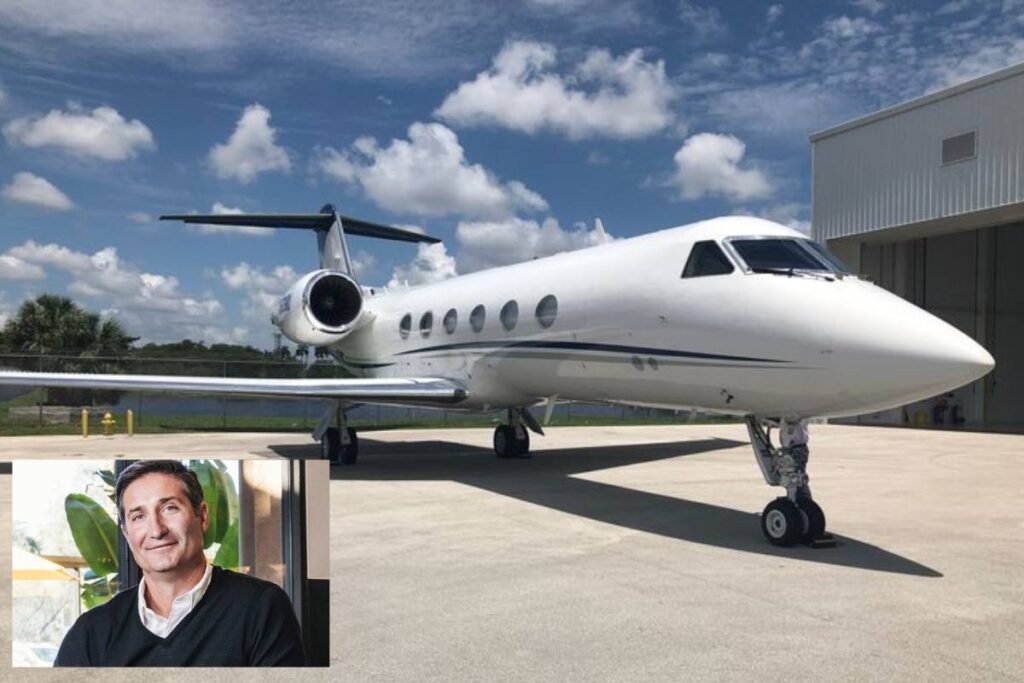Starbucks’ new CEO, Brian Niccol, will join the coffee giant in September by supercommuting 1,000 miles from California to Seattle instead of moving to the company’s headquarters in the Pacific Northwest. This decision has sparked a lot of attention, especially given the logistical challenges and expectations of leading one of the most recognized coffee brands in the world.
In an era where remote work is becoming more and more prevalent, the move highlights a blend of modern work culture and the traditional demands of executive leadership. The decision to commute rather than relocate raises questions about how Brian Niccol’s leadership style, personal life, and vision for Starbucks will align with the company’s future.
Starbucks’ Employment Terms for Brian Niccol
Brian Niccol’s employment terms became public after Starbucks filed his offer letter and contract with the Securities and Exchange Commission (SEC). According to his contract, he will be offered the use of the company’s corporate jet to commute to Seattle. He will be provided housing and transportation for three months or until he secures a secondary residence in Washington State.
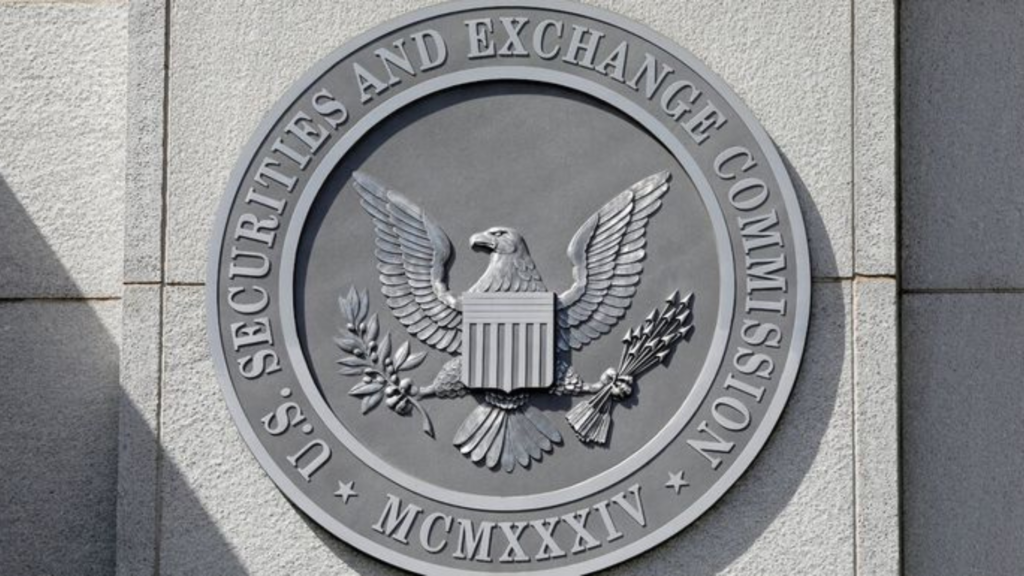
Starbucks further mentions in the offer letter that it will set up a remote office for Niccol in Newport Beach and an assistant of his choosing. However, under Starbucks’ hybrid work standards, Niccol will still be expected to work from the Seattle office at least three days a week when he is not traveling.
In 2018, when Niccol was appointed as the new Chipotle CEO, he successfully negotiated a similar deal. At the time, the fast-casual chain’s headquarters were located in Denver, Colorado, and Niccol, who held the position of CEO at Taco Bell before his employment at Chipotle, resided in Newport Beach, which was fifteen minutes away from Taco Bell’s Irvine, California, headquarters.
After announcing Niccol’s appointment, Chipotle relocated its corporate office from Denver to Newport Beach three months later. This comparison draws attention to the many leadership styles and personal preferences that can influence such decisions.
Where Does the New CEO of Starbucks Live?
Brian Niccol, Starbucks’ new CEO, hails from sunny California, lives in New Port Beach, and has chosen to remain rooted in his home state despite requiring frequent trips to Seattle. Instead of relocating to the Emerald City, he has chosen to super commute—a practice becoming increasingly common among top executives who balance personal commitments with professional duties.
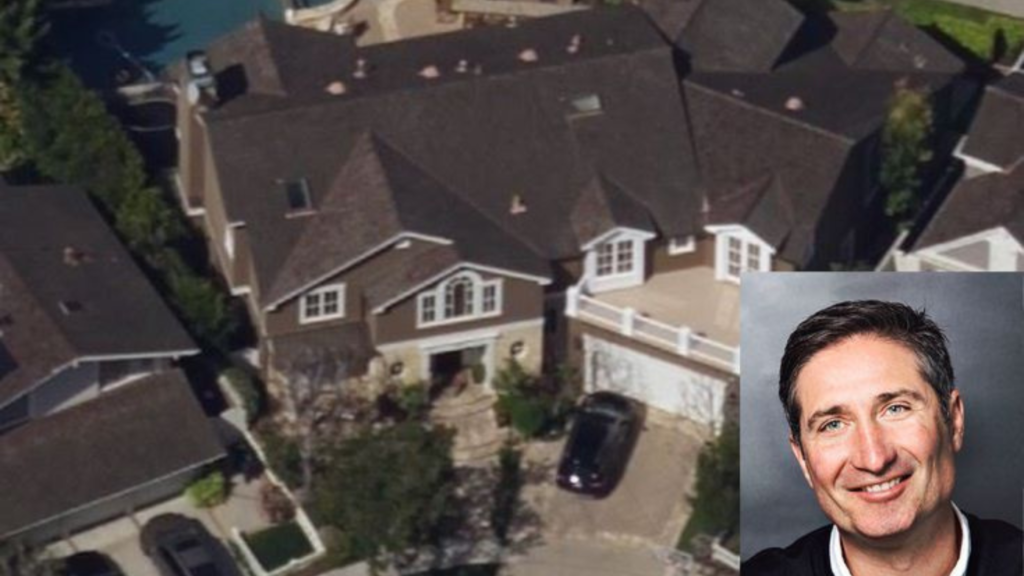
The decision to maintain his residence in California while overseeing Starbucks from afar could be viewed as a nod to the flexibility that remote work has given many people in the wake of the pandemic. However, given the unique demands of running a global brand like Starbucks, this arrangement will undoubtedly test the limits of work-life balance and corporate leadership.
ALSO READ: Starbucks Awards Incoming CEO Brian Niccol $85 Million in Cash and Stock as He Leaves Chipotle
How Much Does the CEO of Starbucks Make?
Brian Niccol, Starbucks’ new CEO, will receive a base salary of $1.6 million annually, possibly a $3.6 million to $7.2 million cash bonus depending on performance, and up to $23 million worth of annual equity awards.
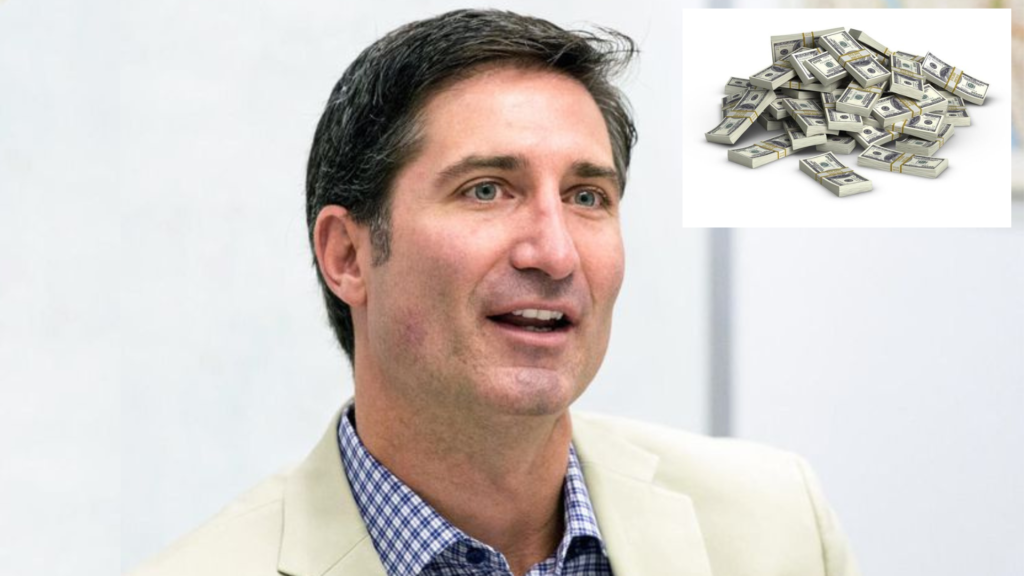
Additionally, Brian Niccol will be compensated for lost benefits by receiving a $10 million cash bonus and $75 million (60% of which is based on performance and 40% stock-based) in equity for leaving Chipotle. The timing of the equity vesting depends on Niccol’s tenure and the company’s performance during a three- to four-year period.
What Is the Net Worth of the CEO of Starbucks?
Following the announcement of Brian Niccol as Starbucks’ new CEO, this prompted an immediate 25% surge in Starbucks’ stock price, adding more than $15 billion in valuation to the coffee giant. However, what is Niccol, the ex-CEO of Chipotle Mexican Grill, true net worth?
Considering that he has spent a significant amount of time in the business sector and has held executive positions at other major companies, it is highly likely that he has amassed wealth through salary, bonuses, stock options, and other investments. In 2018, fifty-year-old Brian Niccol became the CEO of Chipotle. Before that, he served as CEO of Taco Bell, which is owned and operated by Yum! Brands.
Niccol has amassed Chipotle and Yum! stock holdings, as well as Walmart Inc., where he sits on the board. According to Benzinga’s Insider Trades, Niccol’s stocks are worth over $300 million, owing to his various stock buys and compensation packages.
However, in 2023, Niccol started selling part of his Chipotle shares on more than ten separate occasions. With his recent position as Starbucks’ new CEO, reports indicate that he will receive $85 million in cash and stock from Starbucks as he takes over the coffee company, meaning Niccol will continue to grow his stock portfolio.
ALSO READ: Incoming CEO Brian Niccol Faces the Challenge of Fixing Starbucks’ Mobile App Issues
The Role and Controversy of Private Jet Travel in the Starbucks CEO’s Super Commute
The use of a private jet is an essential element of Starbuck’s new CEO’s super commute. With this luxury, he can maintain a flexible schedule, minimize travel time, and respond quickly to any issues in Seattle.
The private jet represents not only the perks of being a top executive but also the demands of the job. Traveling at a moment’s notice allows Brian Niccol to oversee the company’s operations efficiently from a distance, ensuring that his physical location doesn’t hinder his capacity to lead.
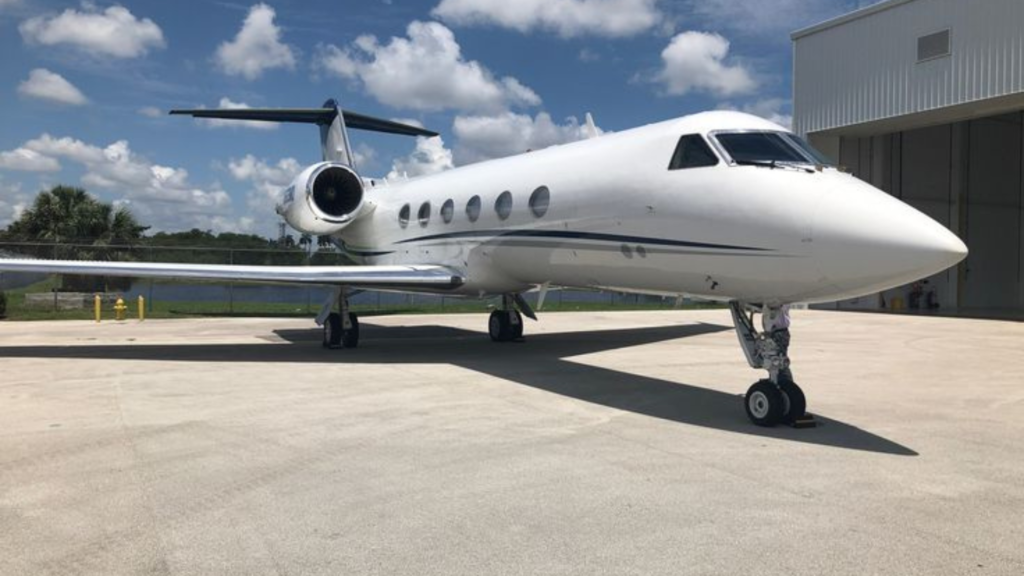
However, in a time when sustainability is becoming increasingly significant, this also raises concerns about the environmental impact and the message it sends about corporate social responsibility in an era where sustainability is increasingly important.
Starbucks CEO Fired: A Cautionary Tale
The super commute decision comes after significant changes at the top of Starbucks. Due to a decline in sales and criticism over the company’s direction, the previous Starbucks CEO was fired. The board’s decision to appoint new leadership was a clear signal that they were looking for fresh ideas, experience, and a new strategy to revive the brand.
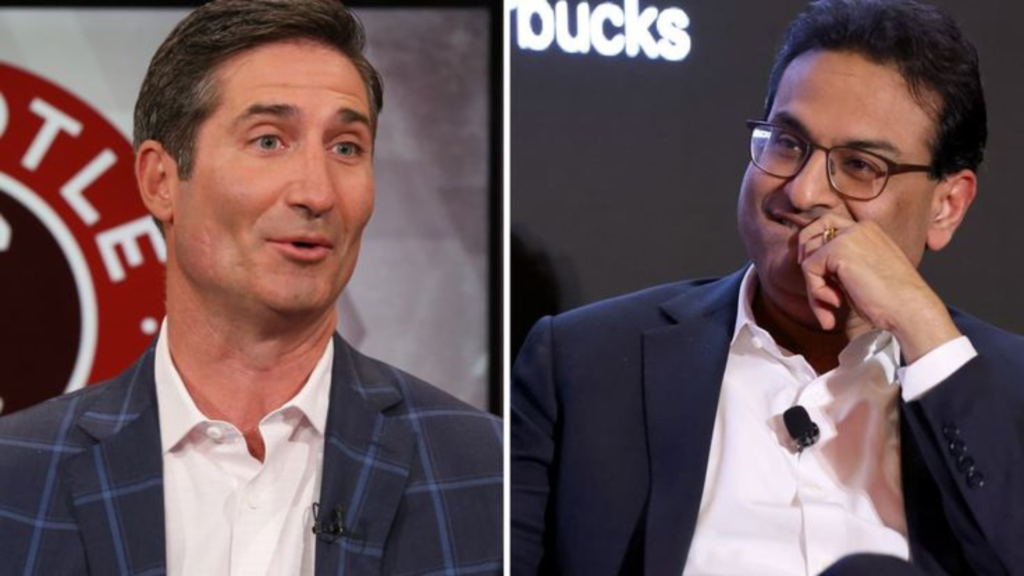
The current CEO’s decision to super commute may be viewed as daring and reflective of a new era of leadership—one that embraces flexibility and modern work practices. However, it also raises questions about whether this approach will be enough to address the issues that resulted in his predecessor’s dismissal.
Messiah or Misstep? The CEO’s Bold Move
As Starbucks’ new CEO settles into his role, the question of whether his super commute will be a mistake or a messiah-like solution to the company’s challenges persists. On the one hand, his decision shows that he is progressive and values the flexibility of modern work arrangements.
On the other hand, it might be seen as a risky move that distances him from the core values of the company’s culture and operations. Time will tell whether this risky decision proves beneficial or causes issues that could have been avoided with a more traditional approach.
You Might Also Like:
How Total Costs Compare and Why Location Matters for Owners of Gasoline and Electric Cars
Philadelphia Fed President Harker Calls for Federal Interest Rate Cut in September
Global Bond Traders Look for Protection Against Inflation Risks
Half a Million People Face 60% Tax Trap After Earning £100,000

